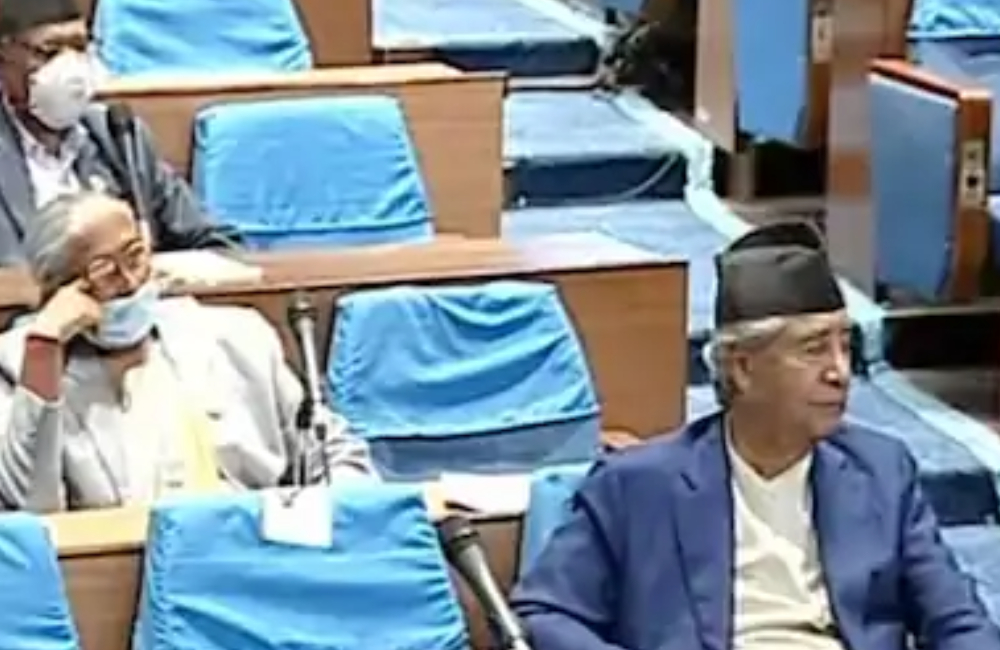Kathmandu: Nepal’s ruling communist party’s top decision-making body Saturday failed to achieve a breakthrough to end the tussle for power between Prime Minister K P Sharma Oli and former premier Pushpa Kamal Dahal ‘Prachanda’ despite four hours of marathon discussions.
No conclusion was reached during the meeting of the Nepal Communist Party’s (NCP) nine-member Central Secretariat though the party leaders discussed agenda to be presented during Sunday’s Standing Committee meeting, according to senior party leader Ganesh Shah.
During the meeting, senior leaders of the party agreed to resolve the issues through consensus, party spokesperson Narayankaji Shrestha told media persons after the meeting.
The NCP called a secretariat meeting after the two top leaders agreed to call a conclave of the highest body of the party ahead of the 45-member Standing Committee meeting on Sunday in a bid to strike a power-sharing deal by sorting out their differences.
The Standing Committee meeting of the party is scheduled to take place at 3 pm Sunday.
The Standing Committee meeting was postponed until Sunday to give more time to Oli and the rival faction led by Prachanda, the executive chairman of the NCP to have more talks to end the intra-party infighting.
During previous meetings, Oli has refused to resign or give up his position as chairman of the NCP as demanded by the faction led by Prachanda.
Sunday’s Standing Committee meeting is expected to fix the date for the CWC meeting, which will ultimately decide the future of Prime Minister Oli, Ganesh Shah, a Standing Committee member, said.
Oli and Prachanda have held at least eight meetings in recent weeks to sort out the differences between them.
But, as the Prime Minister did not accept the condition of a one-man-one-post, the talks failed, party sources said.
Top NCP leaders, including ‘Prachanda’, have been demanding Prime Minister Oli’s resignation, saying his recent anti-India remarks were “neither politically correct nor diplomatically appropriate.” They are also against Oli’s autocratic style of functioning.
The differences grew further after Oli alleged that some of the ruling party leaders are aligning with the southern neighbour to remove him from power after his government issued a new political map incorporating three Indian territories of Kalapani, Lipulekh and Limpiyadhura.
The differences between the two factions of the NCP, one led by Oli and the other led by Prachanda on the issue of power-sharing, intensified after the prime minister unilaterally decided to prorogue the budget session of Parliament.
PTI

